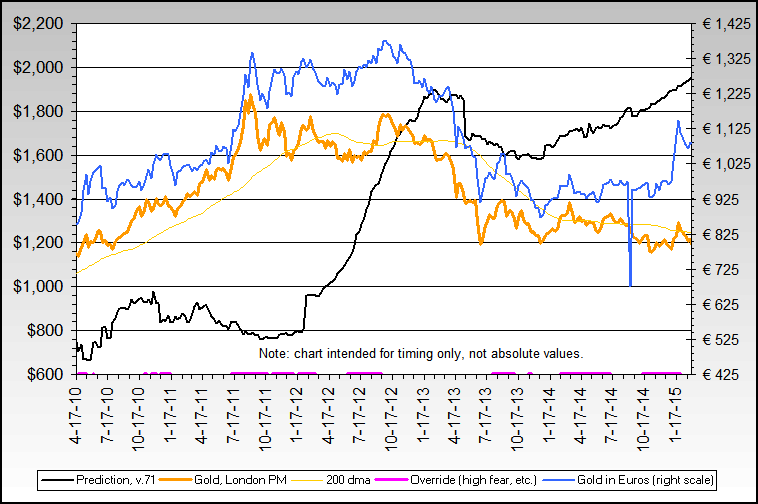Re: Wall Street: Crime of the Century
I'm just starting to figure out what this all means. Some questions. I listened to the first Financial Sense audio file posted at the top of this thread. It focuses on common stocks of thinly traded junior mining companies.
From the example in this piece, it seems that those who are the most vulnerable are shareholders in small companies who are getting conned by an investment bank into a new financing arrangement. Understanding this is a big blow to my stock-picking strategy, which has been to focus on long-term holdings of small companies which don't receive much attention from the MSM.
Now I think I understand that highly liquid, large-cap shares are less vulnerable to this type of manipulation.
What other security types are safe? Seems like anything which can be shorted is theoretically vulnerable. But which ones are actively exploited? Are there any security types in which the DTCC is not part of the transaction delivery and fulfillment chain?
Corporate bonds and preferred stock? Treasury bonds? Municipal bonds? If many people start to question the DTCC, then short/intermediate Treasuries might do well when the fecal matter begins to fly.
What happens if an ETF is exploited in this way? I don't know the internals of ETF transaction processing, but it must be pretty complex. I would even suppose that bugs in the ETF operational software system (i.e. the logic for selling the basket of stock shares when an investor sells (destroys) existing ETF shares) could cause inadvertent naked shorts.
What about open-end mutual funds? Can fund shares themselves be exploited this way? Are competent, honest mutual fund managers able to protect their shareholders from this scam?
I'm just starting to figure out what this all means. Some questions. I listened to the first Financial Sense audio file posted at the top of this thread. It focuses on common stocks of thinly traded junior mining companies.
From the example in this piece, it seems that those who are the most vulnerable are shareholders in small companies who are getting conned by an investment bank into a new financing arrangement. Understanding this is a big blow to my stock-picking strategy, which has been to focus on long-term holdings of small companies which don't receive much attention from the MSM.
Now I think I understand that highly liquid, large-cap shares are less vulnerable to this type of manipulation.
What other security types are safe? Seems like anything which can be shorted is theoretically vulnerable. But which ones are actively exploited? Are there any security types in which the DTCC is not part of the transaction delivery and fulfillment chain?
Corporate bonds and preferred stock? Treasury bonds? Municipal bonds? If many people start to question the DTCC, then short/intermediate Treasuries might do well when the fecal matter begins to fly.
What happens if an ETF is exploited in this way? I don't know the internals of ETF transaction processing, but it must be pretty complex. I would even suppose that bugs in the ETF operational software system (i.e. the logic for selling the basket of stock shares when an investor sells (destroys) existing ETF shares) could cause inadvertent naked shorts.
What about open-end mutual funds? Can fund shares themselves be exploited this way? Are competent, honest mutual fund managers able to protect their shareholders from this scam?

Comment